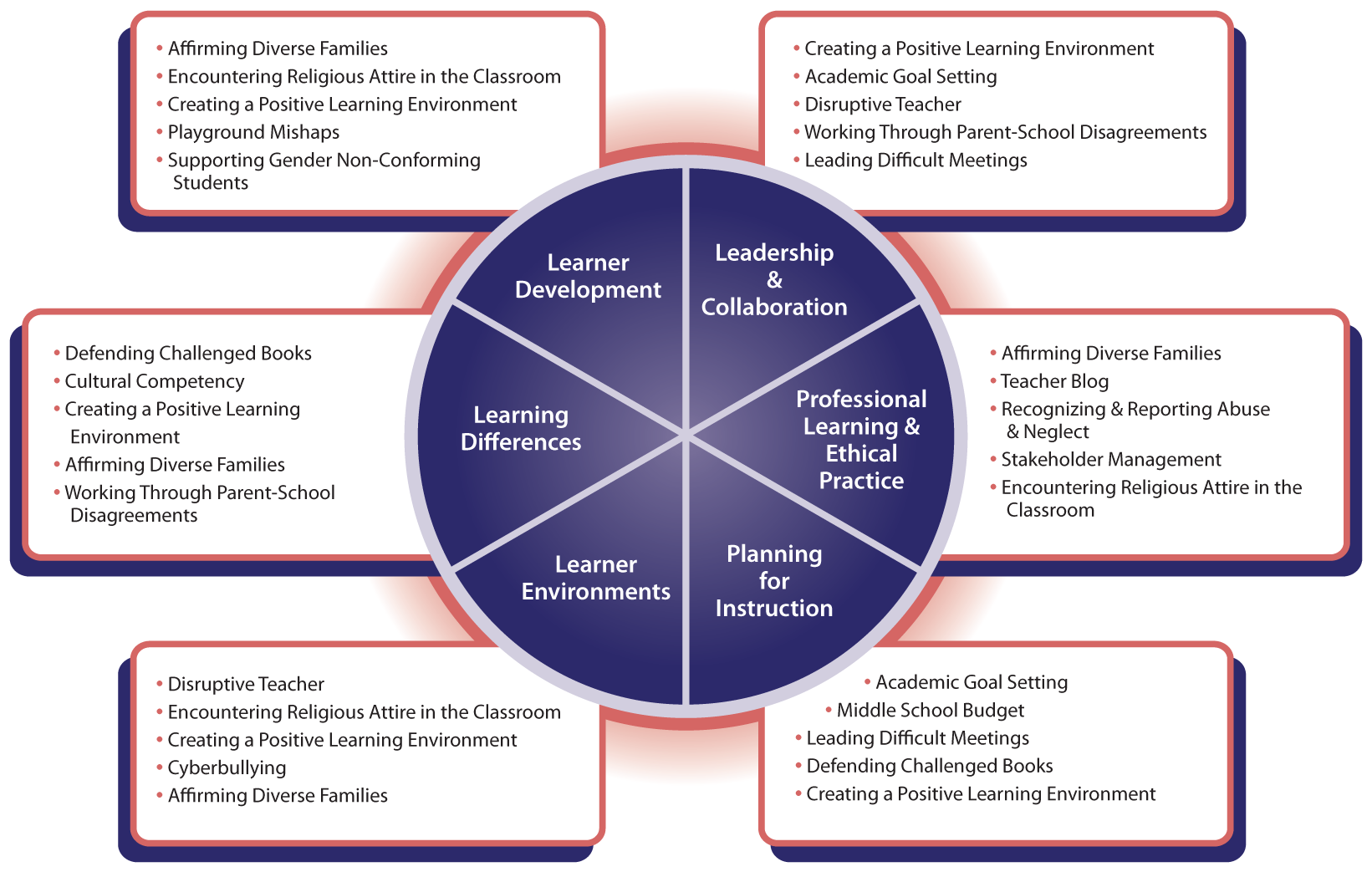This guide is a comprehensive resource that showcases the application of simulation-based learning for aspiring educators. It features detailed use cases illustrating how simulations can effectively prepare teacher candidates for real-world classroom scenarios. The guide includes testimonials from professors and students, highlighting their positive experiences and the impactful learning outcomes achieved through these simulations. Additionally, it outlines the numerous benefits of simulation-based training, such as improved instructional strategies, enhanced classroom management skills, and increased confidence in handling diverse student needs. By providing practical examples and firsthand accounts, the guide demonstrates the value of simulations in fostering reflective practice and preparing teacher candidates for successful careers in education.
